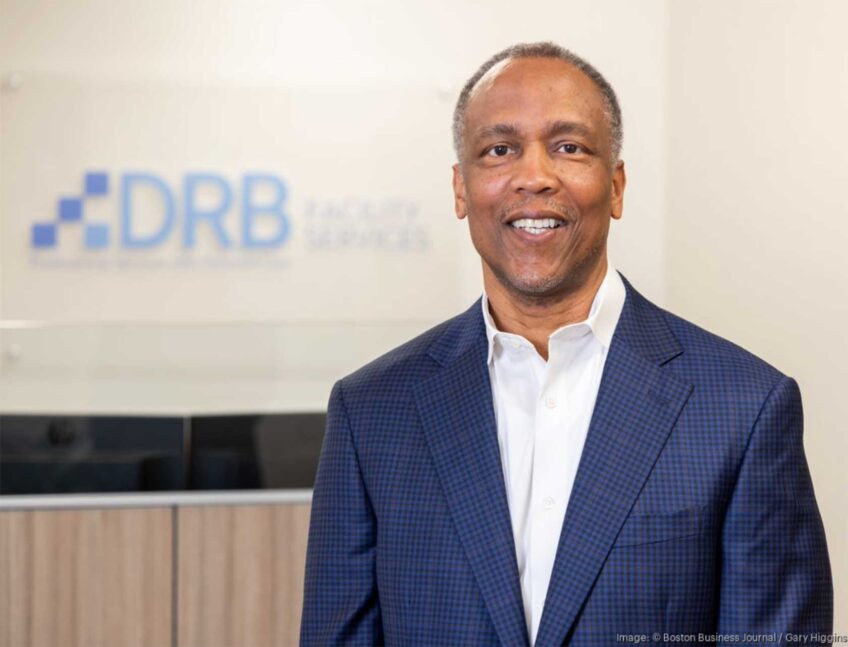Officials tout job gains
Obama’s secretaries cite improved climate for blacks

President Barack Obama’s economic heavy hitters spoke at the White House last week about how the economy during the current administration has impacted African Americans, namely by lowering the unemployment rate, raising tax credits and improving city infrastructure.
Chairman of the Council of Economic Advisers Jason Furman pointed out that African Americans were severely impacted by the recession, as much as any group.
“The African American community bore the brunt of the recession, seeing its unemployment rate rise to a high of 16.8 percent in March 2010,” Furman said.
That rate is now 8.8 percent as of January 2016. This number is actually below the pre-recession average. In the past year, the African American unemployment rate has seen a larger percentage-point decline in the recovery, falling almost twice as fast as the overall unemployment rate.
Furman credits the Economic Recovery Act, the auto manufacturer bailout, housing infrastructure and a range of other policies for the economic recovery in general and the impact on unemployment.

Author: Photo: Courtesy of White HouseChairman of the Council of Economic Advisers Jason Furman
Though he was quick to point out it is still not enough.
Furman has been very outspoken that more work needs to be done to close long-standing disparities in the labor market. The African American unemployment rate is still higher than Hispanic unemployment and the overall unemployment rate.
He pointed to a number of government efforts he said can help make sure that the strong labor market — job growth for a record 70 straight months — benefits all. These include the My Brother’s Keeper initiative for young men of color and new investments in skills training and apprenticeships.
Furman’s points do seem in line with the work done by Valerie Wilson, director of the Economic Policy Institute’s Program on Race, Ethnicity and the Economy.
Wilson has repeatedly argued in her research that the African American unemployment rate is critically tied in to how the economy recovers from recessions.

U.S. Secretary of Transportation Anthony Foxx
For example, she found that wages of black workers are more responsive to labor market changes. Doubling the national unemployment rate is estimated to reduce real hourly wages by at least 8 percent for the median black worker compared to 3 percent for the median white worker.
Wilson asserts that policy makers have to do whatever they can to continue to help the unemployment rate improve and that this factor is perhaps more critical to the economic prosperity of African Americans more than any other.
For example, during the five-year period from 1995-2000 when the annual unemployment rate dropped to 4 percent, Wilson found that:
- The black unemployment rate fell to 7.6 percent, the lowest rate on record and the closest it has ever been to the white rate (within 4.1 percentage points) during a period of economic expansion.
- Real wage growth for African Americans narrowly exceeded that of whites, as median hourly wages of black workers grew by 2 percent per year compared to 1.7 percent per year for whites.
- The African American middle class expanded more than in periods of economic recovery when the economy was further from full employment. The share of African American households in the middle 60 percent of the income distribution increased 3 percentage points between 1995 and 2000, while it declined during the recoveries of the 1980s and the 2000s as well as during the current one.

U.S. Secretary of Housing and Urban Development Julián Castro
Small Business Administrator Maria Contreras-Sweet also spoke at the White House along with Chief Economist Furman. She emphasized the role small businesses have played in the economic recovery and in job creation, tying that in with the administration’s efforts to incorporate diversity strategies into its loan programs for undeserved and minority businesses.
Also speaking to the media were U.S. Secretary of Housing and Urban Development Julián Castro and U.S. Secretary of Transportation Anthony Foxx.
According to Foxx, the efforts to increase access to transportation across the U.S., in places such as Detroit and parts of LA, for example, can help African Americans gain access to more jobs, in addition to creating jobs.
“We are working with every agency within the Department of Transportation to ensure that opportunity and inclusion are a part of everything we do,” Foxx added.
HUD Secretary Castro stressed that diversity and inclusion shape the policies of his office as well.
“Everything that we do is focused on giving every American the chance to get ahead in life and contribute to a growing American economy,” Castro said. “We know that when the African American community succeeds, the entire nation succeeds.”
The White House highlighted some initiatives that were specifically designed to boost economic recovery for African Americans. These include:
- The Earned Income Tax Credit and Child Tax Credit, which were expanded to encourage work and help low-income parents afford the costs of raising a family, together providing about 16 million families a year with a tax cut averaging $900.
- A proposal for additional tax relief for working- and middle-class families, which would directly reduce poverty and hardship for 13.2 million low-income workers — including about 2 million African-Americans.
- Over 1.2 billion in job-training grants and $8 billion in job-training funding to place more Americans in jobs that don’t have enough qualified workers to meet the demand.
While the final grade on the Obama administration’s efforts to improve the economic lives of African Americans won’t be decided just yet, it is interesting to note that many African Americans believe he has done the job.
The latest Allstate/National Journal Heartland Monitor report finds that while most of the country believes the national economy is in fair or poor condition (only 21 percent described the economy as excellent or good), communities of color are much more upbeat. For example, 69 percent of African Americans and 53 percent of Hispanics said they expect their finances to improve, compared to just 35 percent of whites.
African Americans gave Obama the highest marks for his economic efforts, with 69 percent saying he made the economy better. This was followed by all minorities (59 percent) and Hispanics (57 percent).






